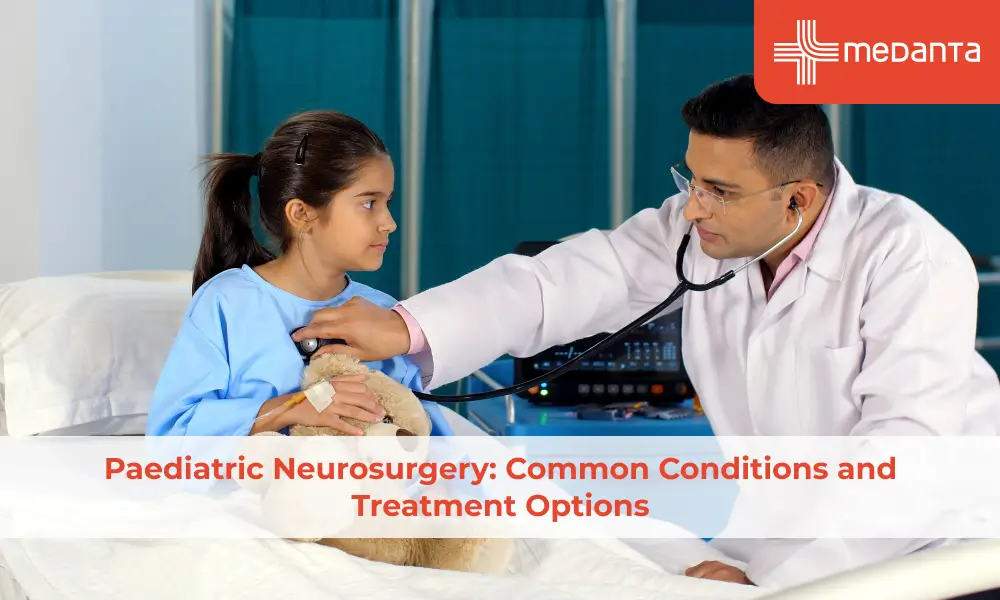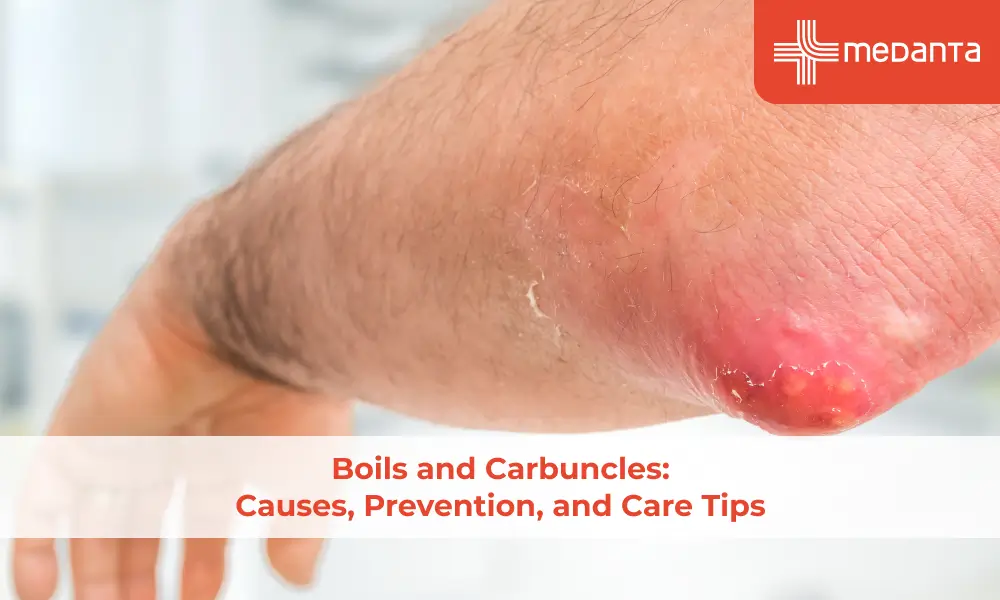Beyond the Years: Preventing & Treating Age-Related Disabilities for Active Ageing

Older people are growing rapidly worldwide, with more and more individuals reaching their golden years. As we age, it becomes crucial to prioritise preventive measures and effective treatments to ensure healthy and fulfilling lives for older adults.
This blog aims to delve into the topic of active ageing and explore ways to prevent and treat age-related diseases and disabilities. We will discuss the challenges faced by older individuals, how to take care of the elderly, and strategies to tackle age-related diseases. By adopting proactive measures, we can empower older individuals to live their lives to the fullest.
Understanding Aging and Age-Related Disabilities
Defining Active Ageing
Active ageing refers to the methodology of optimising opportunities for health, participation, and security to improve the quality of life as people age. It involves embracing physical, mental, and social activities that promote well-being and independence. Active ageing enables individuals to remain engaged, maintain relationships, and pursue their interests, leading to a fulfilling and purposeful life.
Common Age-Related Disabilities
Age-rеlatеd disabilities can have a sіgnifіcant nеgative impact on a person's daily lіfе and general well being. Mobіlіty restrictіons, cognitive decline, sensory impairmеnts, and chronic illnesses are some common age-related disabilities.
In addіtion to іncrеasіng thе risk of mental health problems, thеsе disabilities frequently result in decreased independence and socіal engagement. Understanding thеsе disabilities will help us create еfficіеnt management and prevention strategies.
Promoting Healthy Aging
Healthy Lifestyle Practices
- Physical Activity and Exercise: Regular exercise plays a crucial role in maintaining physical function, mobility, and overall health. Older adults should engage in activities that focus on strength, balance, and flexibility. Walking, swimming, tai chi, and strength training exercises are excellent options. It is important to consult healthcare professionals to develop a personalised exercise plan based on individual needs and abilities.
- Balanced Nutrition: A balanced dіеt is crucial for prеsеrving good health and preventing chronic diseases. Foods high іn nutrіents, such as fruits, vеgetables, lean protеins, wholе grains, and hеalthy fats, should bе priorіtіzed by older adults. Adequate hydration is also crucial. It may be beneficial to consult a dietitian to get a personalised meal plan that meets individual nutritional needs.
- Mental Stimulation: Keeping the mind active and engaged is vital for preventing cognitive decline. Reading, puzzles, learning new skills, and engaging in social activities help stimulate the brain. Additionally, activities that promote creativity, such as painting or playing a musical instrument, can have positive cognitive effects.
Preventive Healthcare Measures
- Regular Check-ups and Screenings: Regular medical check-ups and screenings are essential for early detection and management of age-related diseases. Blood pressure checks, cholesterol screenings, and cancer screenings are among the recommended preventive measures. Timely identification of potential health issues allows for early intervention and better treatment outcomes.
- Vaccinations and Immunizations: Vaccinations play a crucial role in preventing diseases and their complications in older adults. Influenza, pneumococcal, and shingles vaccines are particularly important. Keeping vaccinations up to date helps maintain a robust immune system and reduces the risk of serious infections.
Managing Age-Related Disabilities
Assistive Technologies and Home Modifications
Assistive technologies and home modifications can significantly enhance independence and safety for older individuals. Examples include grab bars in bathrooms, ramps for wheelchair access, mobility aids, and sensor-based home security systems. These adaptations allow older adults to navigate their living spaces with ease and minimise the risk of falls and accidents.
Comprehensive Care and Rehabilitation
- Multidisciplinary Approach: A multidisciplinary approach involving healthcare professionals, caregivers, and support networks is crucial for managing age-related disabilities. Collaborative efforts ensure holistic care, addressing physical, cognitive, and emotional needs. Physical therapy, occupational therapy, and mental health support play key roles in enhancing functional abilities and overall well-being.
- Holistic Approach to Aging: Taking a holistic approach to ageing involves recognizing and addressing the physical, mental, and emotional aspects of well-being. Older adults should actively seek social connections, engage in hobbies and interests, and access community resources. Mental health support, counselling, and mindfulness practices can also contribute to overall well-being.
Empowering Caregivers and Support Networks
Recognizing Caregiver Role
Caregivers play a vital role in taking care of the elderly with age-related disabilities, often providing physical and emotional assistance on a daily basis. It is essential to recognize and appreciate their dedication and commitment to enhancing the well-being of their loved ones.
Caregivers should prioritise their own well-being and recognize that self-care is not selfish but necessary for providing quality care. Seeking support from family, friends, or support groups can provide a valuable outlet for sharing experiences and obtaining guidance.
Additionally, respite care services offer temporary relief for, allowing them to take a break and recharge. By acknowledging the caregiver's role and promoting self-care, we can ensure that they have the necessary support to continue their vital caregiving responsibilities.
Community Support and Resources
Communities should strive to provide comprehensive support for older people and their caregivers. Senior centres offer various activities and services tailored to the needs of older people, providing opportunities for socialisation and engagement.
Support groups specifically designed for caregivers offer a supportive network where they can share challenges, seek advice, and receive emotional support from others facing similar situations.
Respite care services offer temporary relief for caregivers, allowing them to take a much-needed break while their loved ones receive professional care. Local resources, such as transportation services for older adults and meal delivery programs, can alleviate logistical challenges and ensure access to essential services.
By providing these community-based resources and fostering a sense of belonging and support, we can empower caregivers and enhance the overall well-being of older adults.
Conclusion
Active ageing is not only about growing older but also about thriving in the later years of life. By implementing preventive measures, promoting healthy lifestyles, and offering comprehensive care and support, we can prevent and manage age-related disabilities effectively.
Embracing a holistic approach to ageing empowers older individuals to maintain independence, pursue their passions, and lead fulfilling lives. Together, as a society, we can create an inclusive and supportive environment that celebrates the potential and contributions of older adults, ensuring that they continue to thrive beyond the years.
Visit a super speciality hospital today to get expert treatment and care on age-related disabilities!






